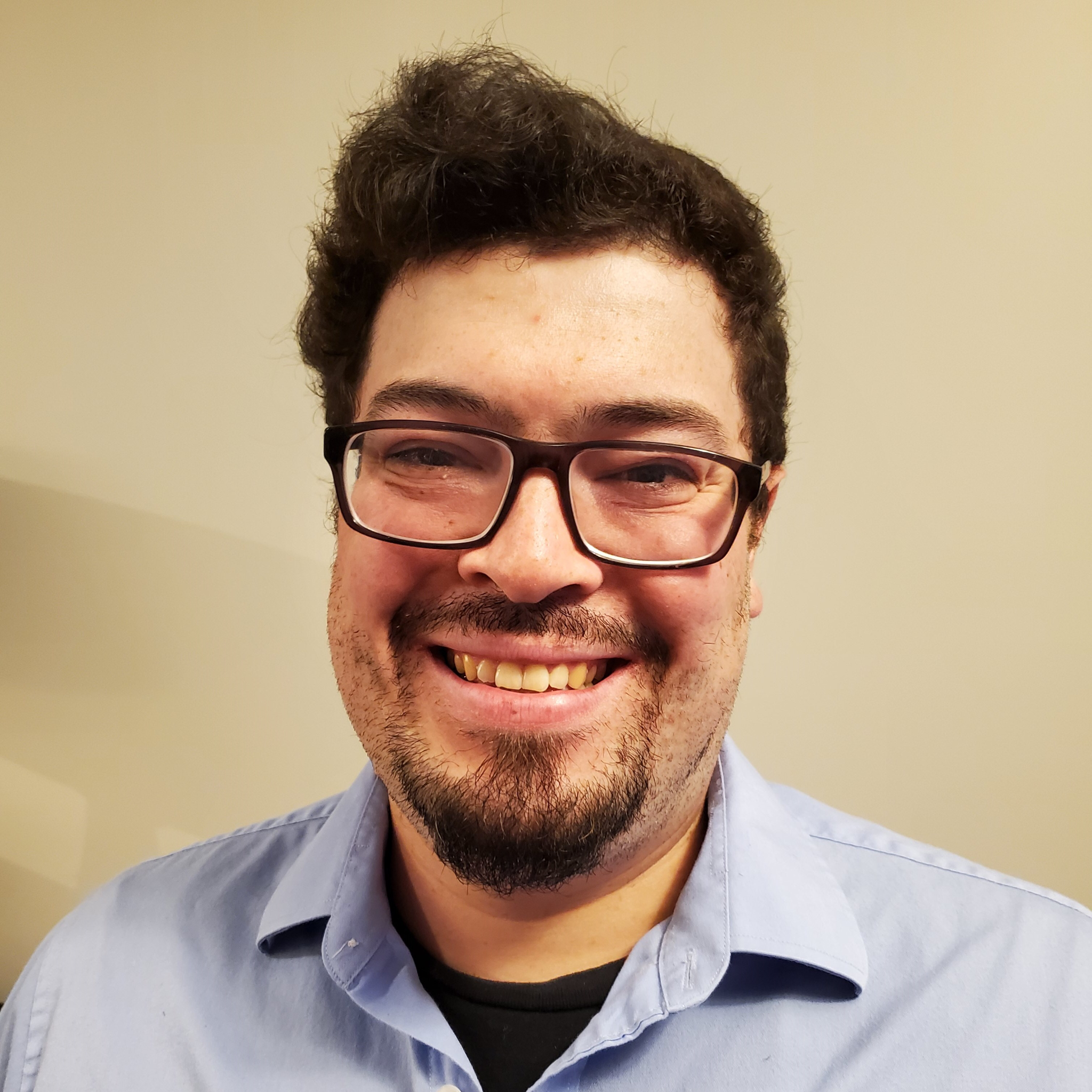Our Team
Faculty
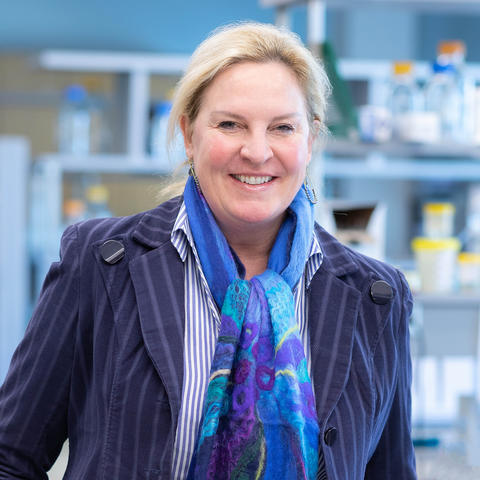

Bio
Laura Niedernhofer, MD, PhD, joined the University of Minnesota in July 2018 to direct the new Institute on the Biology of Aging & Metabolism (iBAM) and Medical Discovery Team on the Biology of Aging. She is a professor in the Department of Biochemistry, Molecular Biology and Biophysics. Dr. Niedernhofer’s expertise is in DNA damage and repair, genome instability disorders, cellular senescence and aging. Her research program is centered on studying fundamental mechanisms of aging and developing therapeutics to target them. Her research program implements a murine model of a human progeroid syndrome caused by a defect in DNA repair. She contributed to the discovery of a new class of drugs called senolytics. Dr. Niedernhofer has served on study section for NCI, NIEHS and NIA. She has been awarded for research in aging, cancer and environmental health science.
Research Summary
Dr. Niedernhofer's research career has been dedicated to investigating the impact of DNA damage on the structure of DNA, cell function and organism health. The DNA in each of our cells is damaged thousands of times per day by exposure to environmental factors, dietary components, chemotherapeutic agents and even endogenous by-products of normal metabolism. Studying patients with rare diseases caused by inherited defects in DNA repair provides important insight into the consequences of DNA damage. These patients have a dramatically increased risk of cancer and age prematurely. The Niedernhofer Lab has engineered mouse models of these genome instability syndromes as a sensitive tool to test hypotheses about how DNA damage promotes cancer and aging.
Contact
Address
The University of Minnesota6-155 Jackson Hall, 321 Church Street SE
Minneapolis, MN 55455
Administrative Contact
Kelly Holmes-Tomei
Executive Assistant
kholmest@umn.edu
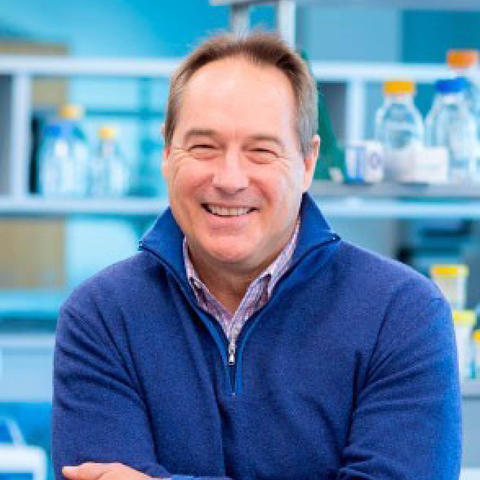
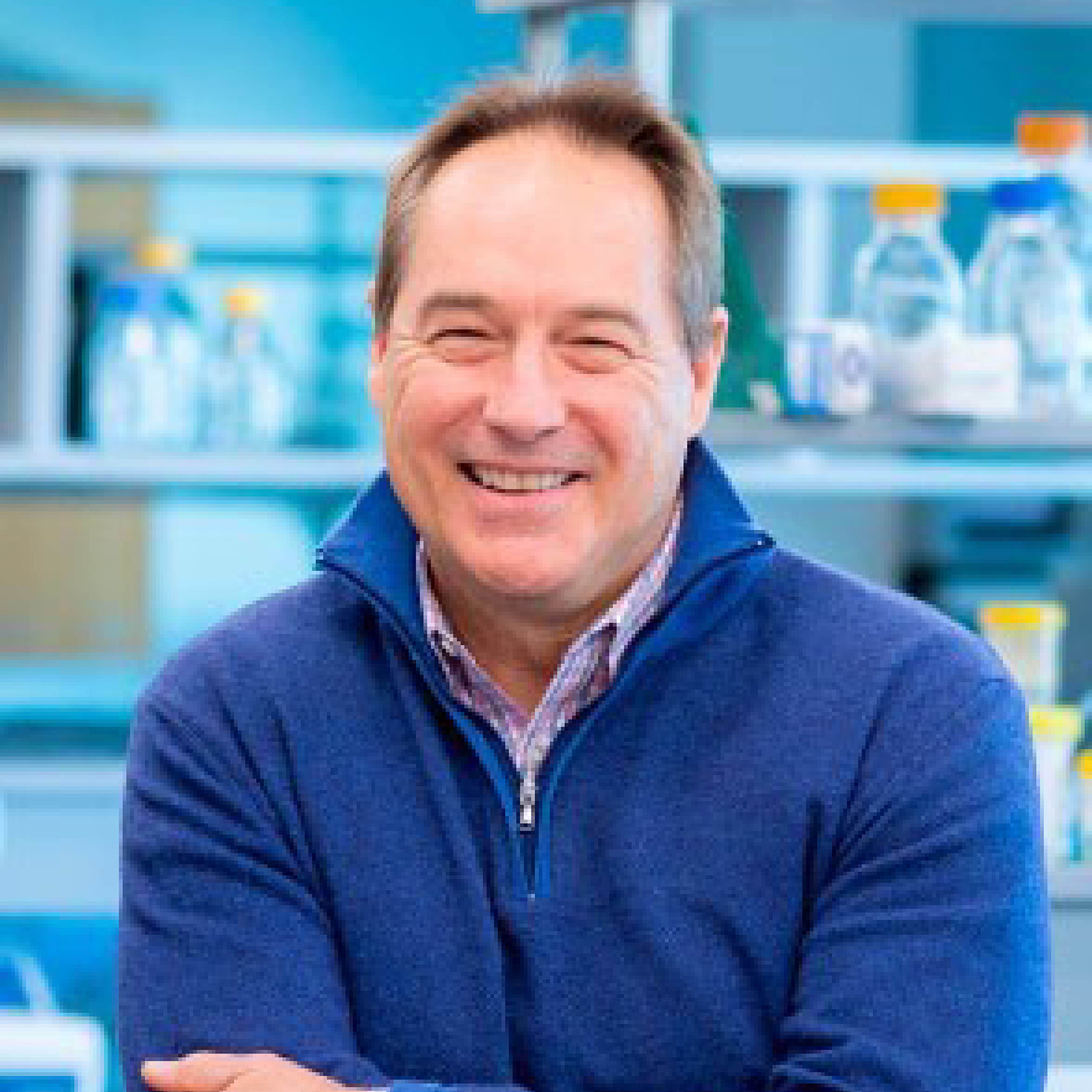
Bio
Dr. Paul Robbins is a Professor of Biochemistry, Molecular Biology and Biophysics and the Associate Director of the Institute on the Biology of Aging and Metabolism (iBAM) and the Medical Discovery Team on the Biology of Aging at the University of Minnesota.
He was one of the first to identify enhancer elements that regulate transcription at a distance, the first to show that the retinoblastoma tumor suppressor regulates transcription and the first to develop gene therapies for autoimmune disease including an ongoing clinical trial for osteoarthritis. More recently, he was part of a collaborative team that was the first to identify senotherapeutic compounds, able to reduce the senescent cell burden and extend healthspan and lifespan in mouse models, that are in more than 15 clinical trials for age related diseases and conditions.
Research Summary
The pathways important for driving autoimmune and inflammatory diseases as well as age related degeneration are surprisingly similar. For example, inhibition of the transcription factor NF-?B is therapeutic in mouse models of autoimmunity and inflammation as well as Duchenne muscular dystrophy and aging. Similarly, inhibition of IL-1ß signaling by gene transfer of the IL-1 receptor antagonist protein is therapeutic in multiple models of diseases. The Robbins Lab is developing novel approaches to treat autoimmune (type 1 diabetes, rheumatoid arthritis), inflammatory (inflammatory bowel disease, delayed type hypersensitivity) and age-related degenerative diseases using biologics and small molecules. The therapeutic approaches being developed include: 1) AAV mediated gene transfer of anti-inflammatory or immunosuppressive agents; 2) Peptide and small molecule inhibitors of the transcription factor of NF-?B; 3) Novel osteogenic peptides; 4) Adult stem cells; 5) Microvesicles (exosomes) derived from immunoregulatory or stem cells able to block inflammation or promote regeneration; and 6) Identification of drugs able to reverse cellular senescence for improving healthy aging. Although the majority of the studies are being performed in mouse models of disease, approaches to treat osteoarthritis by intra-articular AAV-mediated gene transfer and Duchenne muscular dystrophy by systemic treatment with a NF-?B inhibitory peptide will soon be entering the clinic.
Contact
Address
312 Church St SEMinneapolis, MN 55455-0215


Bio
Doug Mashek, PhD, is currently a professor with a primary appointment in the Department of Biochemistry, Molecular Biology and Biophysics (BMBB) and a secondary appointment in the Department of Medicine, Division of Diabetes, Endocrinology and Metabolism. Dr. Mashek earned his B.S. from Iowa State University, M.S. from Michigan State University and Ph.D. from the University of Wisconsin. Doug did his postdoctoral training in Nutritional Biochemistry at the University of North Carolina-Chapel Hill.
Research Summary
Research in the Mashek Lab focuses on the relationship between lipid metabolism and the development of metabolic and aging-related diseases. A primary emphasis is on studies involving lipid droplet biology in the context of non-alcoholic fatty liver disease, Type 2 Diabetes, cancer and aging. A major focus is on understanding how lipid droplets are catabolized and how they communicate within cells to influence cell function. We also conduct pre-clinical and clinical studies to determine how alterations in diet and dietary patterns (fasting, time-restricted feeding, etc.) and exercise alter metabolism to improve health.
Education
Honors and Recognition
Professional Memberships
Selected Publications


Research Summary
Age is associated with increased inflammation, visceral adiposity and metabolic disease. Tissue resident immune cells are required for dampening inflammation and maintaining tissue homeostasis. There are changes in resident immune cells that drive the increased inflammation and metabolic impairments that are seen with increased age. We are studying the cellular and molecular changes within tissue resident immune cells that drive metabolic impairments in tissues. In particular, we are focused on lipolysis, a metabolic process that is required for release of energetic substrates from stored triglycerides in adipocytes. Lipolysis is impaired in aged individuals and this impairment may contributes to a worsened ability of elderly to maintain a healthy body-weight, stay warm or exercise. Our work has previously shown that adipose tissue immune cells reside in microenvironment niches and are able to inhibit lipolysis in the aged adipose tissue. There are two broad projects within the lab: Adipose tissue macrophage-specific regulatory effects on lipolysis and inflammation during aging Fat-associated lymphoid cluster (FALC) and lymphocyte regulation of metabolism Our lab focuses on mouse models of aging and uses a wide variety of techniques to investigate the changes occurring with age. We combine this in vivo approach with a complementary in vitro cell culture system to better understand a direct mechanism. Ultimately, our goal is to generate candidates that could be targets for therapeutically treating to improve health span and restore metabolism in the elderly.
Contact
Address
4-108 NHH312 Church St
Minneapolis, MN 55455


Bio
Dr. Dong obtained his PhD in bioinformatics in the Shanghai Institutes of Biological Sciences at the Chinese Academy of Sciences in 2013. He completed postdoc training in the Department of Genetics at the Albert Einstein College of Medicine in 2021. Since 2021, he started the Xiao Dong laboratory in the Institute of the Biology of Aging (iBAM) and the Department of Genetics, Cell Biology and Development (GCD) at the University of Minnesota, Twin Cities.
Contact
Address
312 Church St SEMinneapolis, MN 55455-0215
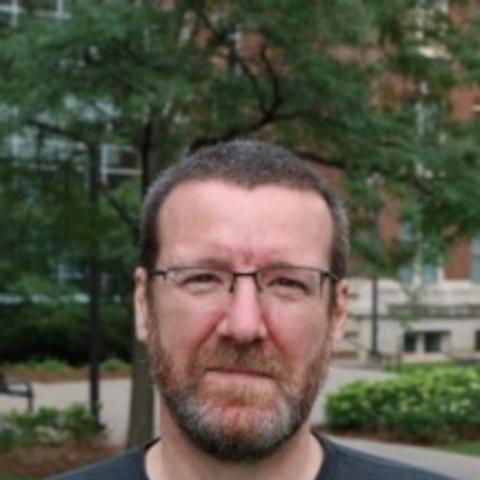
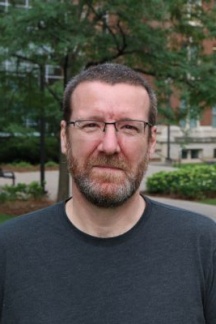
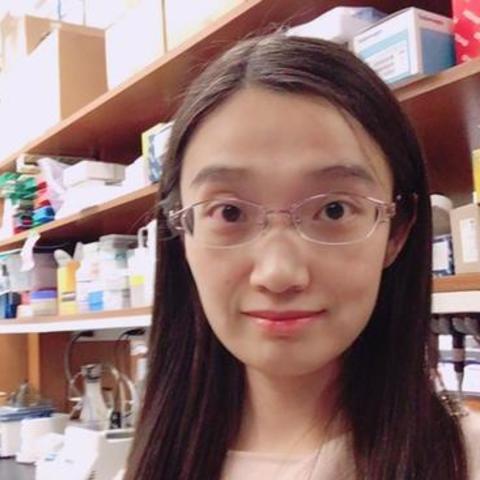
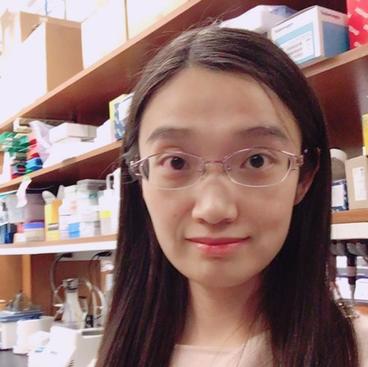
Research Summary
Aging is a universal trait that is characterized by a progressive loss of physiological integrity, leading to declined function in tissues and increased vulnerability to disease and death. It has been long hypothesized that the functional decline in aging is caused by genome instability. The general interest of the Zhang Lab focuses on the somatic genome and epigenome instability in aging and longevity. More specifically we study somatic DNA mutations and epi-mutations and their effects on cellular functional decline in normal aging process or age-related diseases. We have been developing experimental approaches of single-cell multi-omics and applying them to discover interactions of genome, transcriptome and epigenome in individual cells from different tissues of humans during aging or species with different maximum life spans.
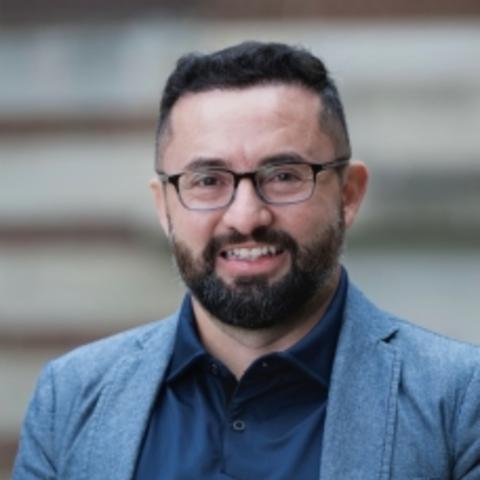
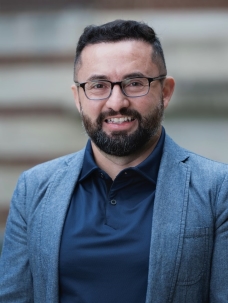
Bio
Dr. Revelo is an Associate Professor in the Department of Integrative Biology & Physiology and Center for Immunology. He has a broad background in physiology, immunology, and metabolism and expertise in inflammation during cardio-metabolic disease. His research explores the role of the immune system and inflammation in the pathophysiology of obesity-related diseases such as fatty liver disease and heart failure.
Research Summary
Dr. Revelo's research program focuses on the following areas:
1. Mechanisms of hepatic and intestinal inflammation in fatty liver disease and cancer.
2. Immune mechanisms of cardiac remodeling during heart failure
3. Anti-inflammatory mechanisms of exercise training and bariatric surgery
Education
Honors and Recognition
Contact
Address
2231 6th St SEMinneapolis, MN 55455-0001
Administration

Pam Hyser
Financial Analyst
hyser013@umn.edu

Lei Zhang, PhD
Drug Discovery Core Manager
leizhang@umn.edu
Affiliates
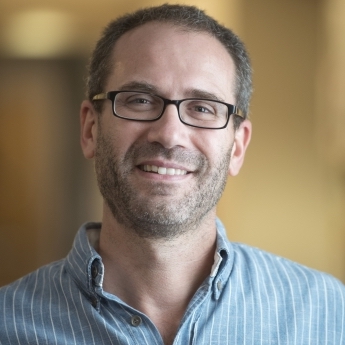
Alessandro Bartolomucci, PhD
Professor

Catherine M. Kotz, PhD
Professor
612-301-7687
kotzx004@umn.edu

David A. Bernlohr, PhD
Distinguished McKnight Professor and Head
612-624-2712
bernl001@umn.edu

Zohar Sachs, MD, PhD
Lois and Richard King Assistant Professor of Medicine

Michael Puskarich, MD
Research Director

Juan Carlos Rivera-Mulia, PhD
Assistant Professor

Dawn A. Lowe, PhD
Professor
612-626-3344
lowex017@umn.edu

Douglas G. Mashek, PhD
Professor of BMBB and Medicine (Joint Appointment)

Edgar Arriaga, PhD
Professor
612-624-8024
arriaga@umn.edu

Joseph M. Metzger, PhD
Professor, Department Head and Chair
612-625-8296
metzgerj@umn.edu
Full bio

Teresa McCarthy, MD, MS
Associate Professor (Joint Appointment)

Ingunn Stromnes, PhD
Assistant Professor
612-626-7771
ingunn@umn.edu

Timothy Pruett, MD
Professor Division of Transplantation
612-626-7282
tlpruett@umn.edu

Beshay Zordoky, MSc, PhD
Associate Professor
612-625-6499
zordo001@umn.edu
Full bio

Kenneth Beckman, PhD
Director
612-626-2985
kbeckman@umn.edu

Timothy Griffin, PhD
Professor
612-624-5249
tgriffin@umn.edu

Tom Hays, PhD
Professor and Head
612-626-2949
haysx001@umn.edu

Stephen Jameson, PhD
Professor and Chairman's Fund Professorship in Experimental Pathology
612-625-1496
james024@umn.edu
Full bio

Ling Li, PhD
Professor and Associate Department Head
612-626-2359
lil@umn.edu

Christina Pacak, Ph.D.
Assistant Professor

Emilie Snell-Rood
Associate Professor
612-624-7238
emilies@umn.edu
Full bio

Christopher Faulk, PhD
Assistant Professor
612-624-7216
cfaulk@umn.edu

Jakub Tolar, MD, PhD
Dean of Medical School, Vice President for Clinical Affairs

Sara Hamilton Hart, PhD
Associate Professor
612-625-1626
hamil062@umn.edu
Full bio

Michael Kyba, PhD
Professor and Lillehei Endowed Scholar Carrie Ramey / CCRF Endowed Professor in Pediatric Cancer Research
612-626-2961
kyba@umn.edu

Jeffrey Albrecht, MD
Professor of Medicine

